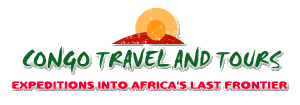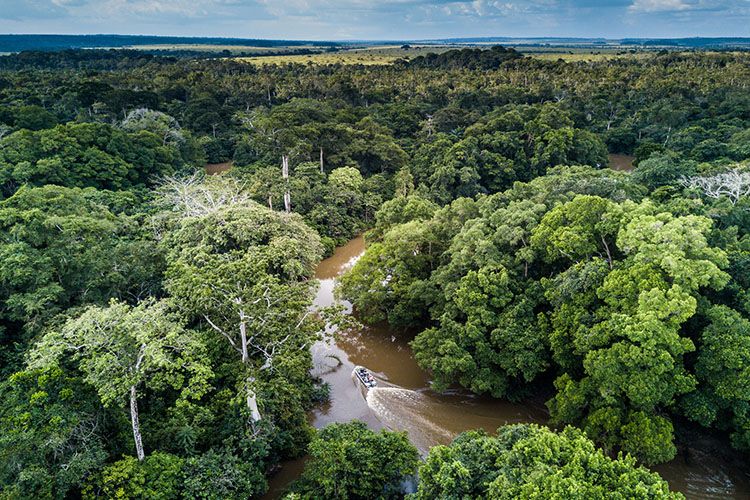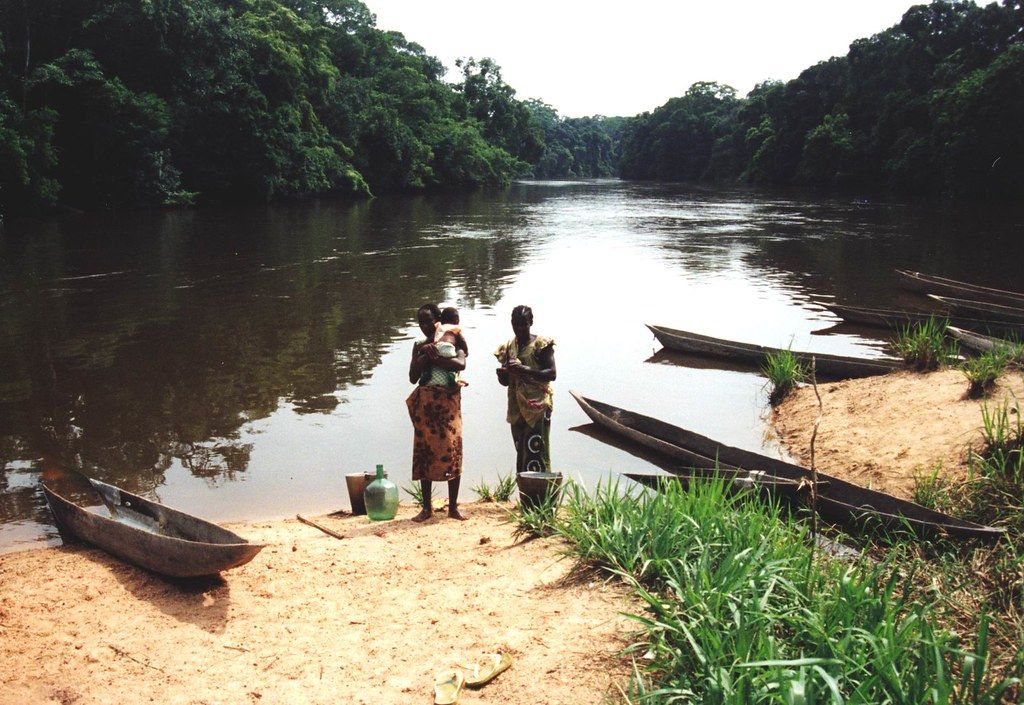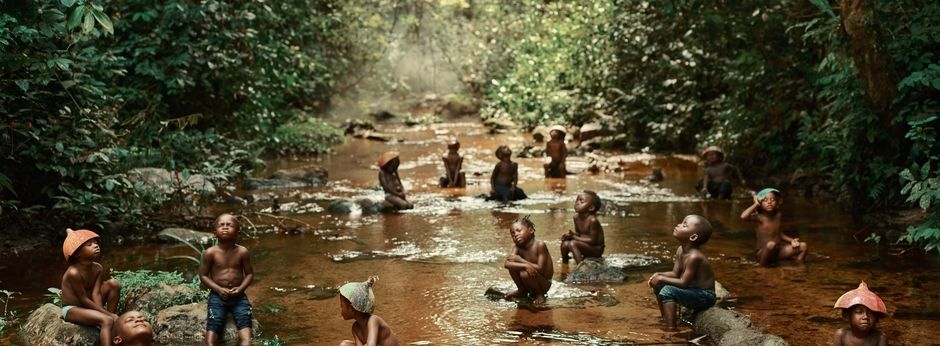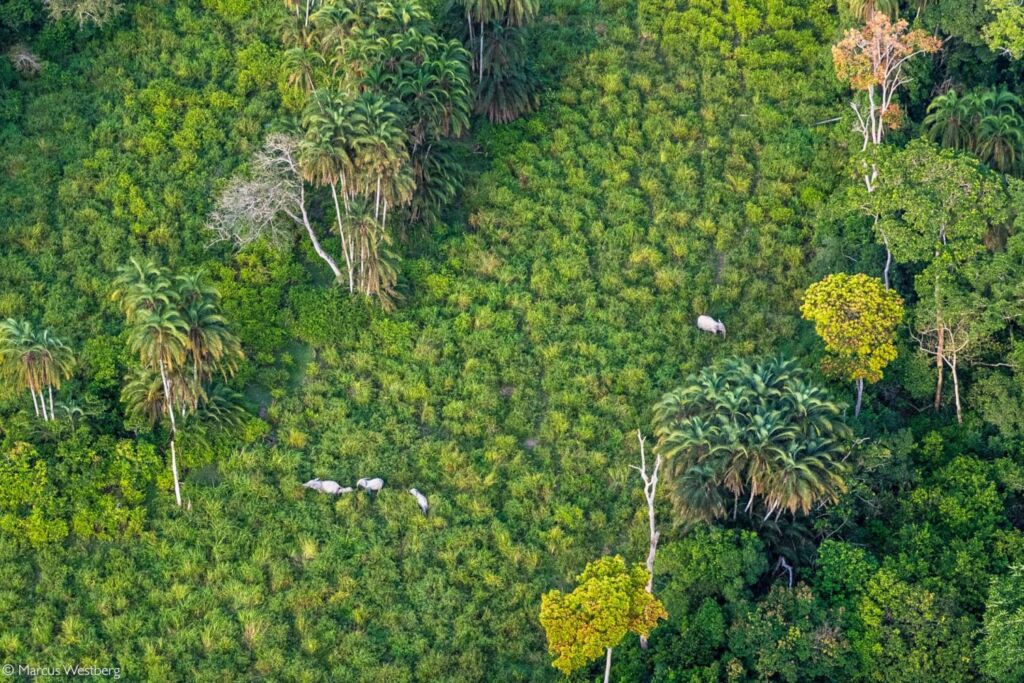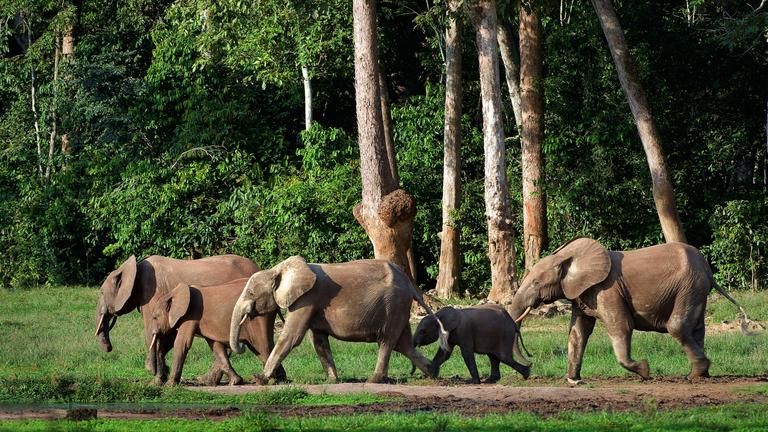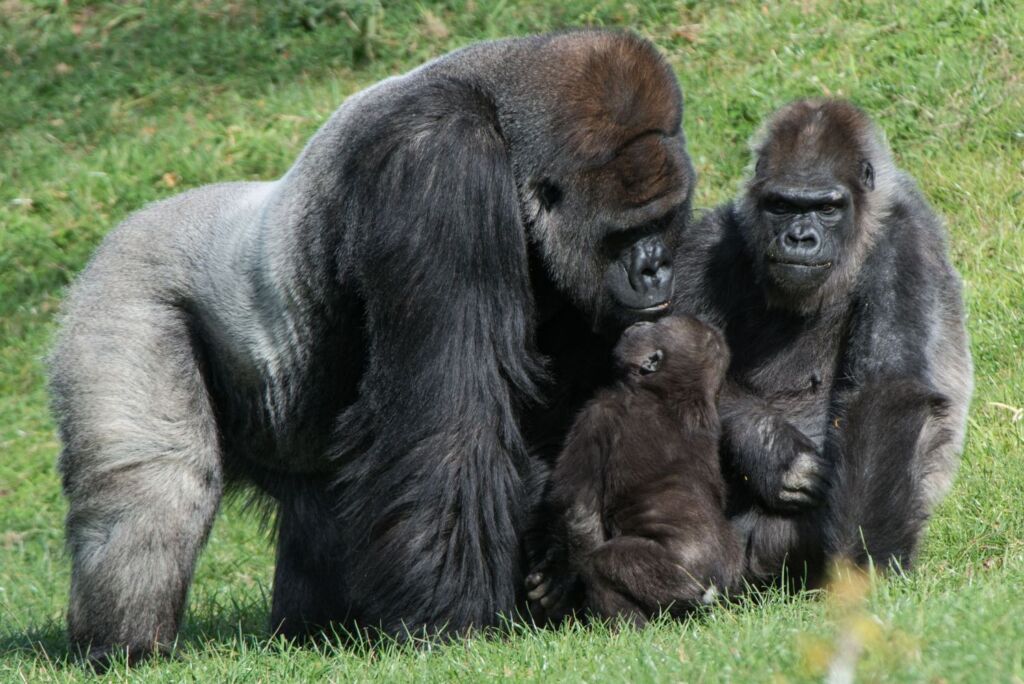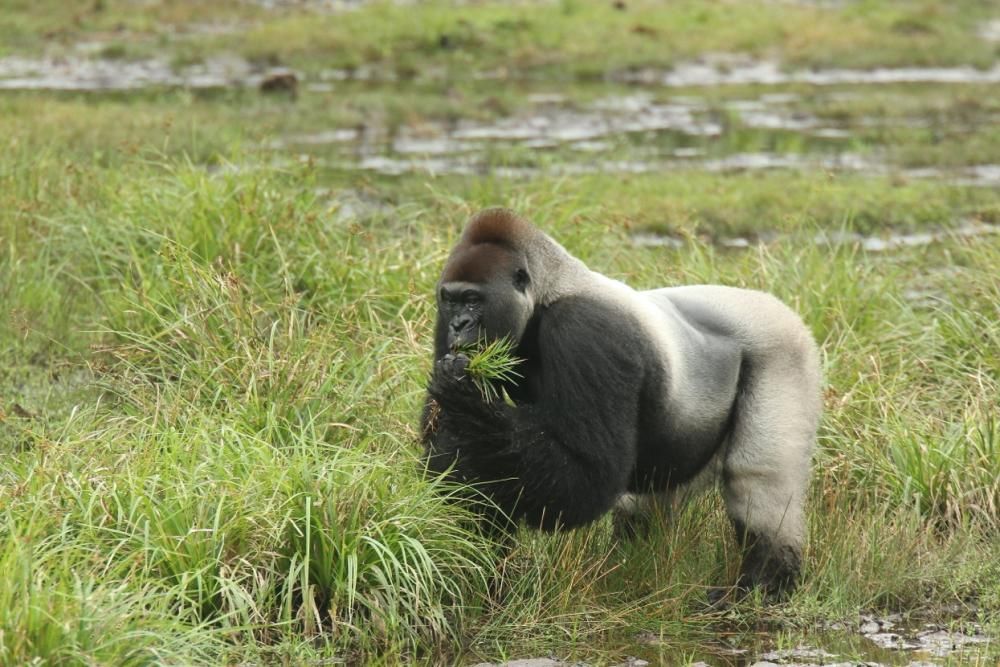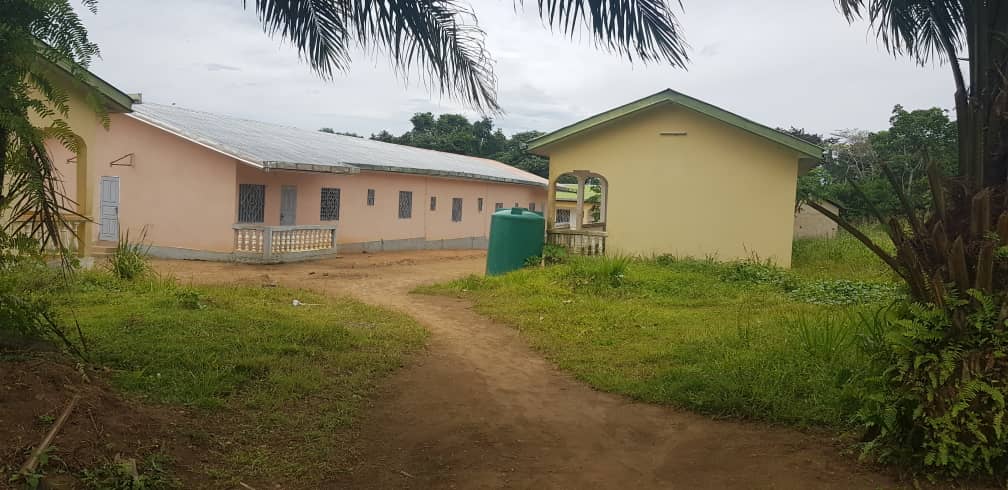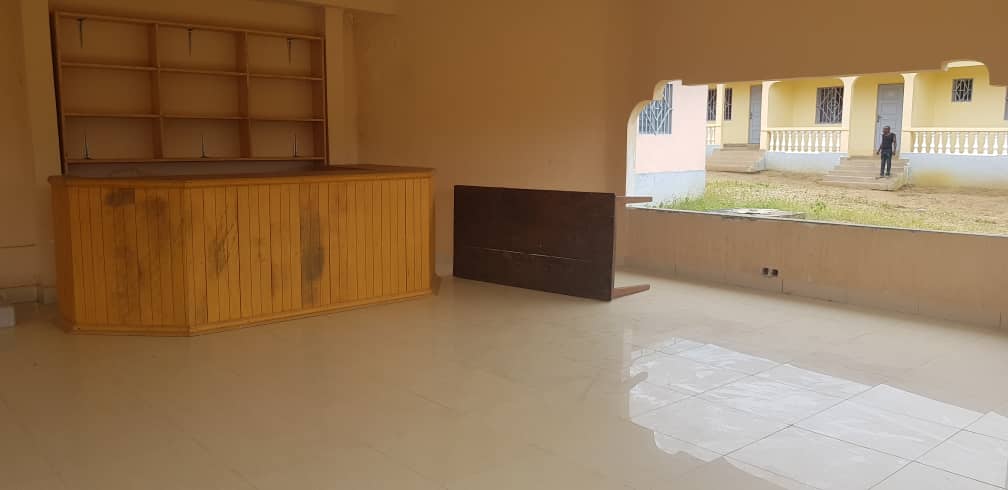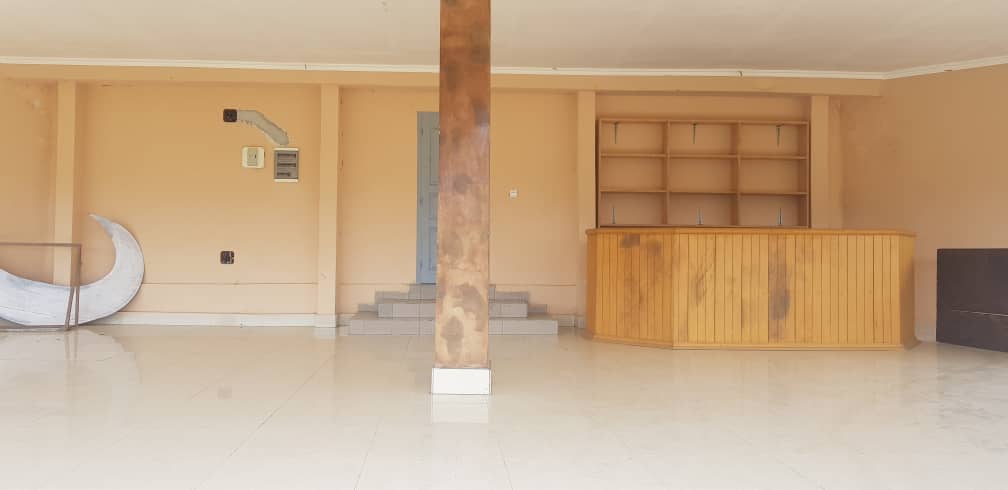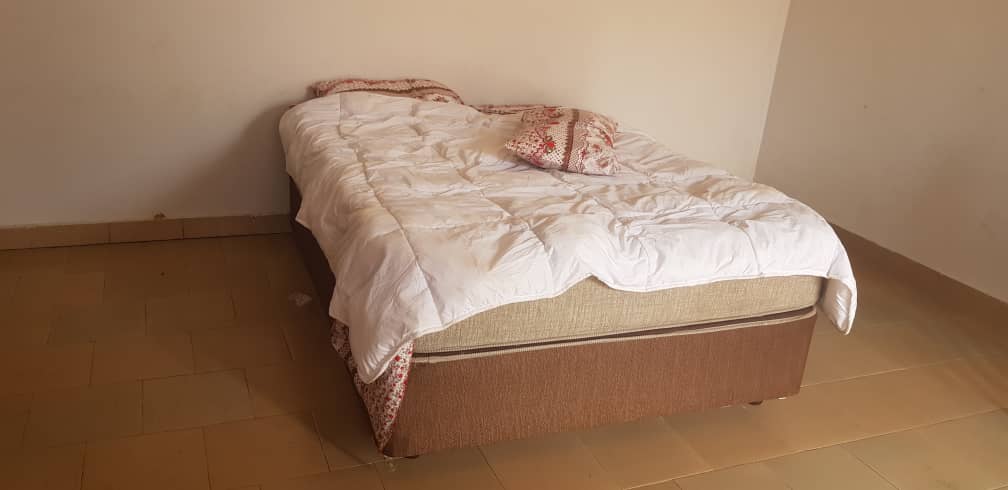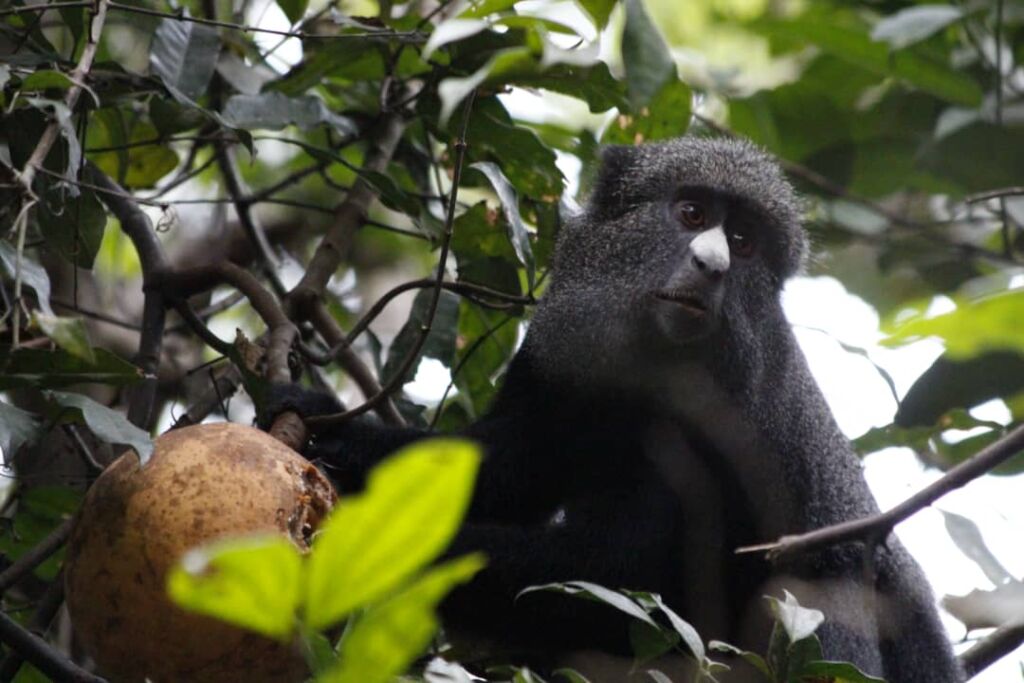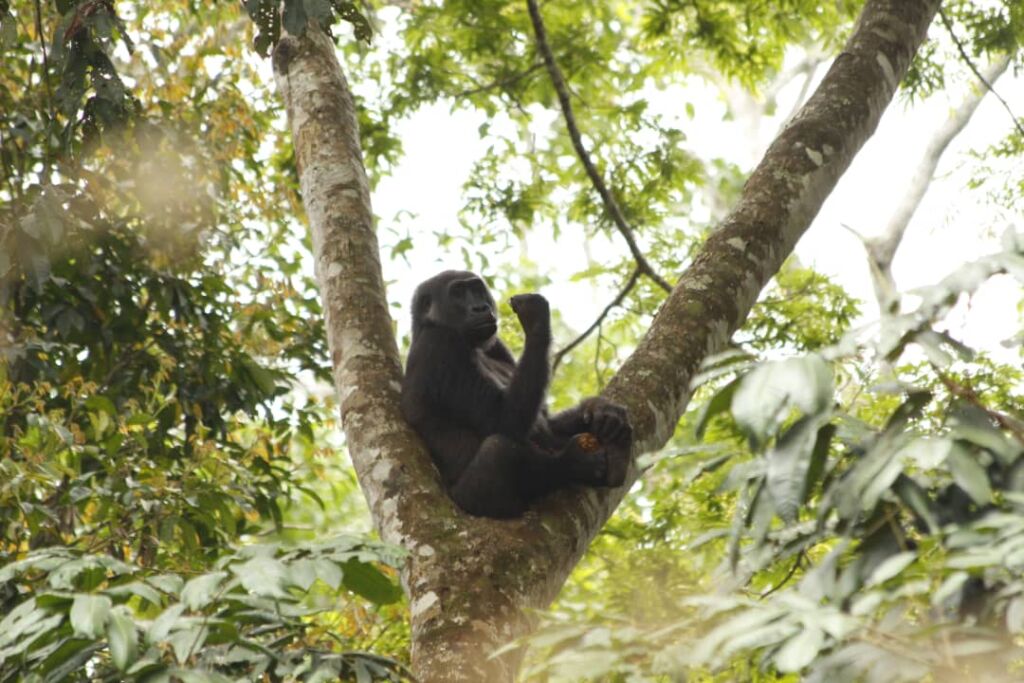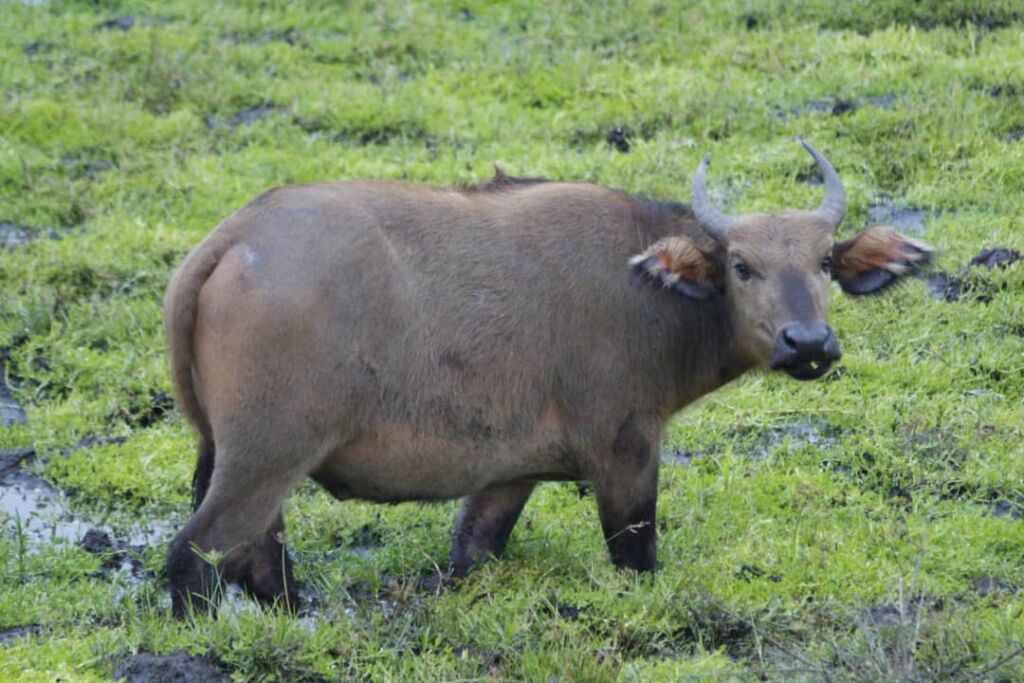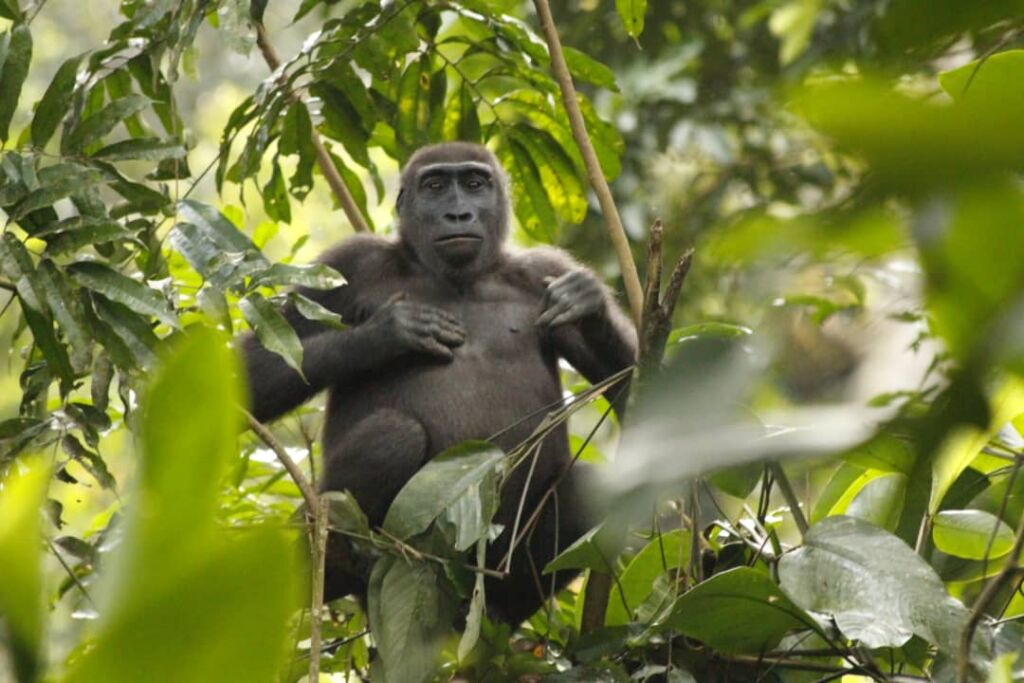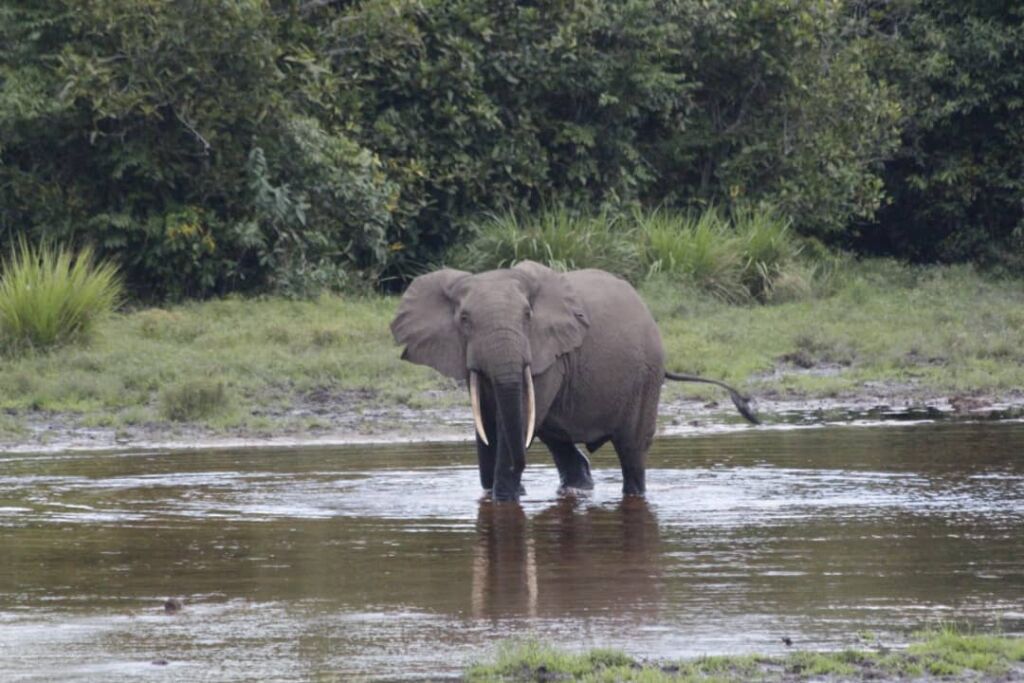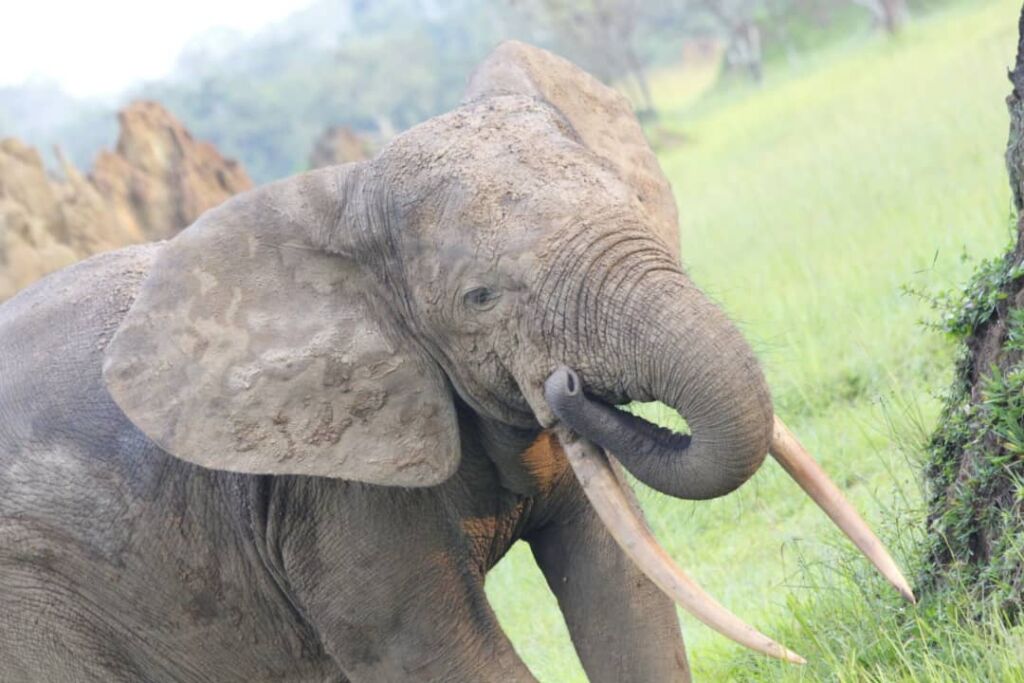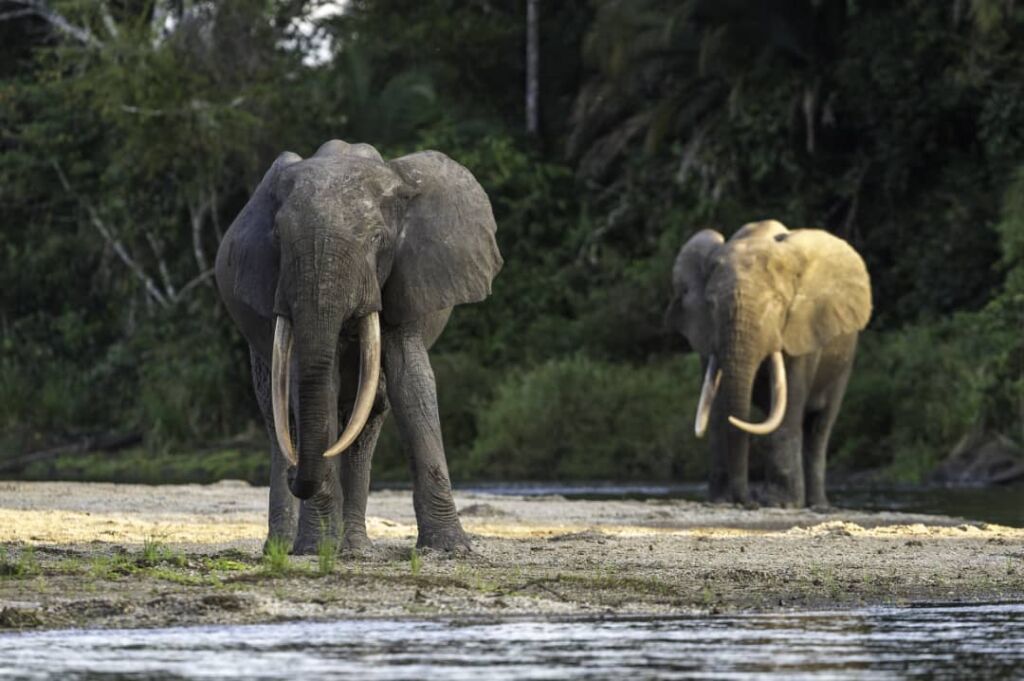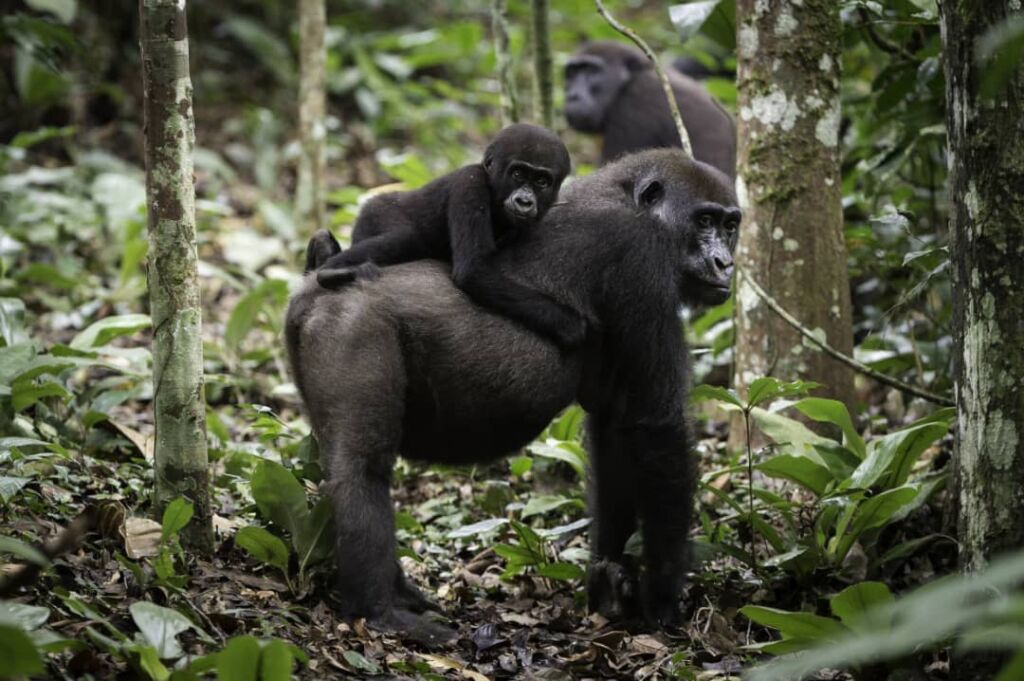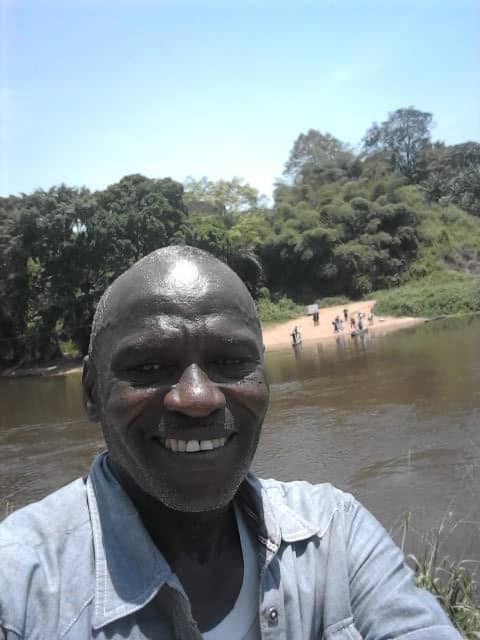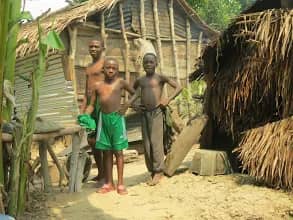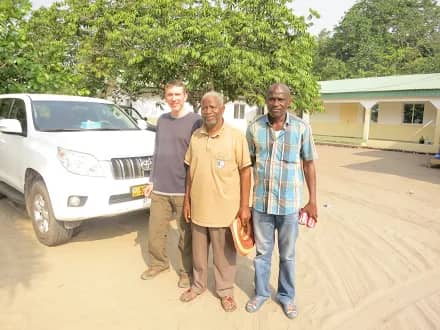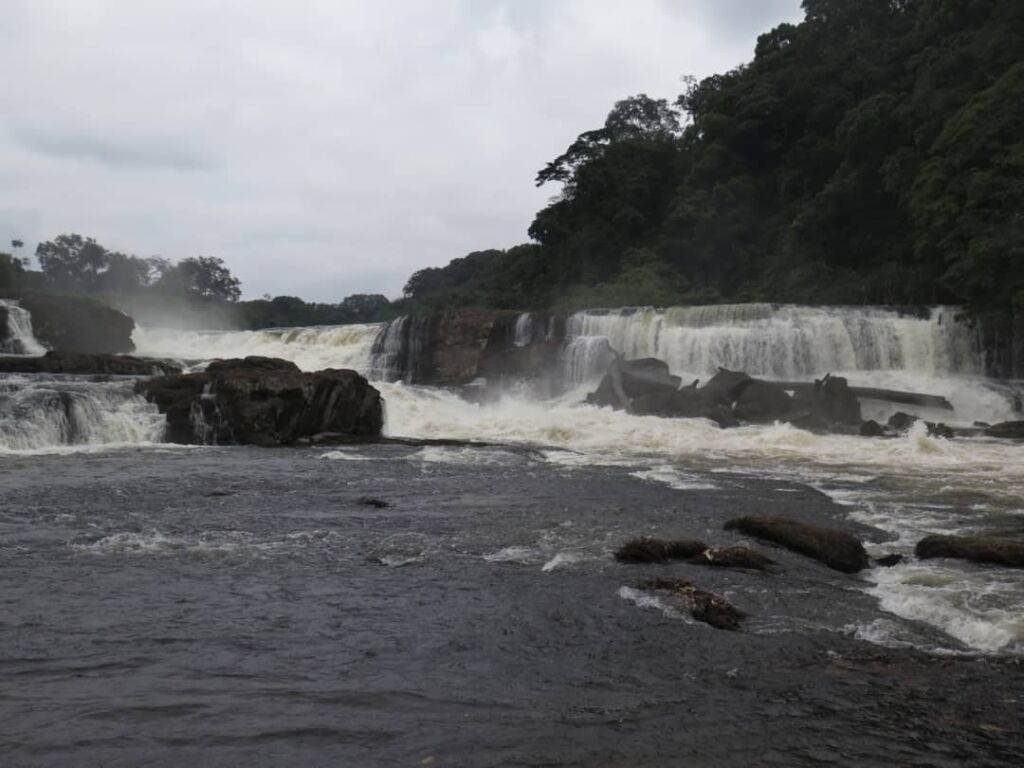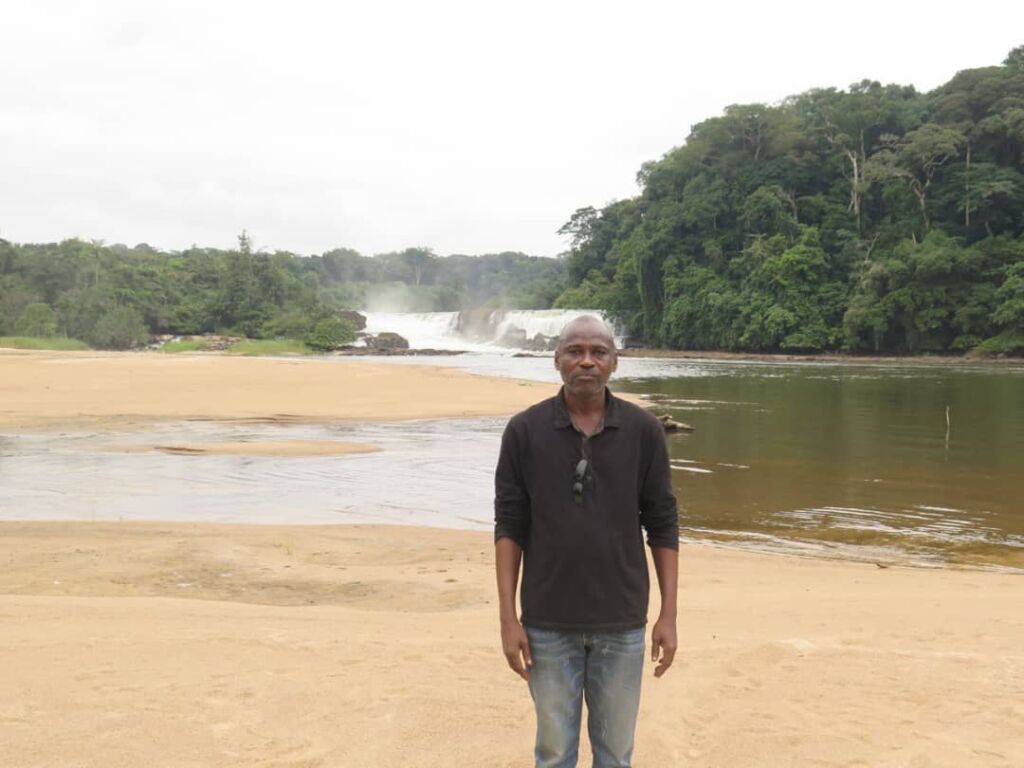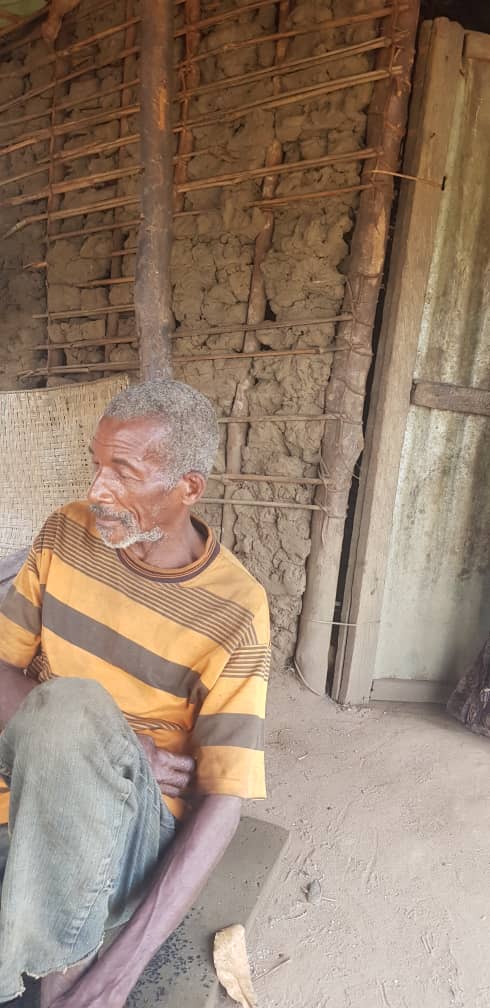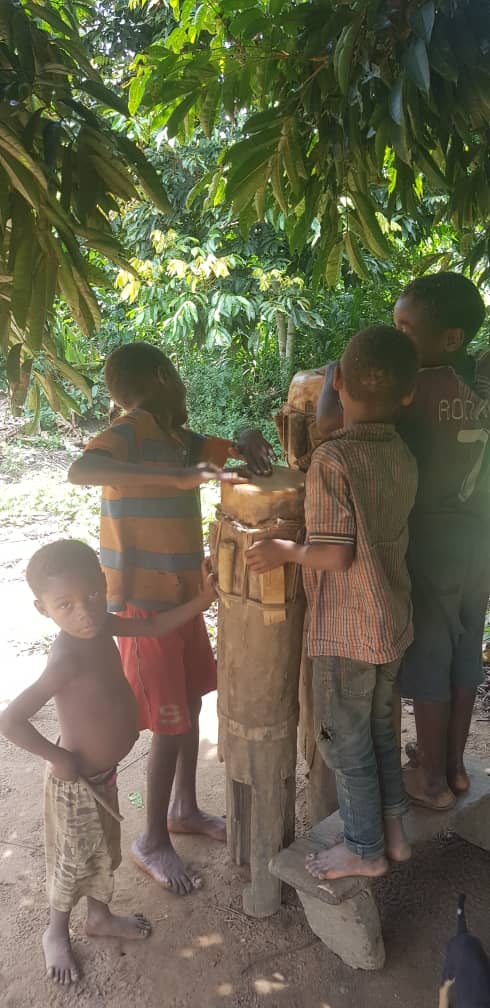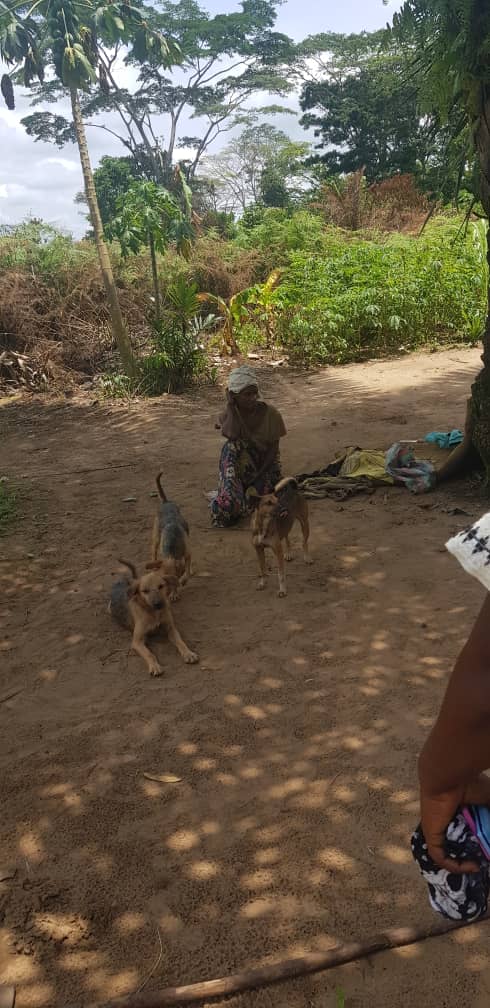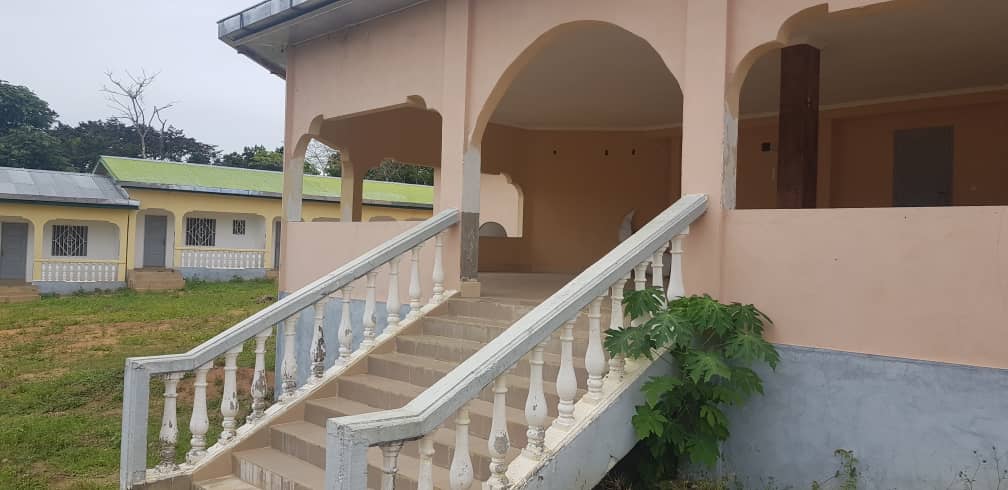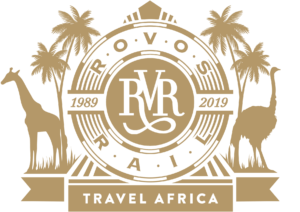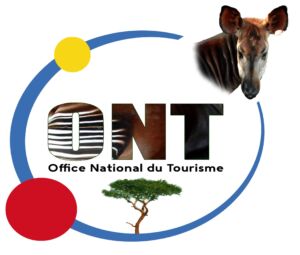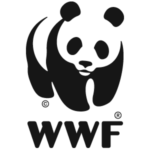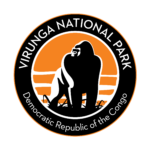New formula for 2022 – 2023
One of the most beautiful parks in the Republic of Congo is Odzala-Kokoua National Park which is located in the north of Congo-Brazzaville and is home to deep lush green forest with several clearances (bais) and home to an abundance of wildlife. The park lost a lot of animals during an ebola outbreak and also suffered from poaching. All that came to chance when African Parks took over the management of the park and since then, things seem to be improving.
Odzala National Park has officially been declared a national park in 2001 after being a biosphere for several decades. It’s a park with a large variety of animals of which there are more than 100 mammal species and with an especially diverse primate group (with over 20.000 lowland gorillas), as well over 4.500 plant and tree species.
The park is over 13.000 sq km and is rich in ancient rainforest, as well as savanna. It is run by the WCS, African Parks, WWF and the Congolese government. Lodges have been built by a safari company. Under African Parks ex-poachers have now been recruited as park rangers.
In the park we can find several primates such as the western lowland gorilla, chimpanzees and several monkeys such Angolan talapoin, greater spot-nosed monkey, mantled guereza, black crested mangabey, crested mona monkey, De Brazza monkey, Tana River mangabey and moustached guenons. Other mammals include sitatunga, bongo, forest buffalo, forest elephants, duikers, African civet, leopard, spotted hyena, golden cat and serval. Lions have sadly disappeared from the park.
For this trip we will go to the south of Odzala overland where we will stay for four nights during which we’ll discover the area and will be on the lookout for animals such as elephants, gorillas and other primates every day. We will stay in simple accommodation and eat simple local meals. Remember that you’re going to a country with little infrastructure so it is very important to be flexible. Heavy rainstorms and landslides can cause hold ups for instance, so it’s important to have at least two buffer days in Brazzaville to avoid any missed flights. Make sure you have all the needed PCR-tests, visa and other formalities as we are not responsible for any of this.
Note that in Congo power cuts and the lack of running water are frequent, so be mentally prepared for this. You can avoid a lot of annoyances by preparing your journey well and bringing enough batteries, power banks, DEET, a portable mosquito net, medication, sunscreen, a hat, sunglasses etc. Please, come with an open mind and enough flexibility and welcome to one of the most beautiful, greenest and most diverse places in Central Africa.
Find below the itinerary, note that some flexibility is needed.
Day 1: Early morning departure to Etoumbi by coach together with our guide. We will arrive in the late evening in Etoumbi or a closeby town in case of any hold up.
Day 2: Transfer to Mbomo by 4×4, where we will check in at our accommodation for the coming days. We will do the first exploration of the area and enter the rainforest in search of the animals.
Day 3, 4, 5: During these days we will enter the rainforest every day in the search of animals. We will combine 4×4, hiking and also local boats to optimize game viewing.
Day 6: Today we will go back to Etoumbi, from where we’ll go to the nearest town of importance to get our coach back, most likely Owando or Oyo.
Day 7: Today you are brought back to Brazzaville, where you will be dropped off at your hotel. End of tour.
Please, add at least two buffer days in Brazzaville in case of any holdups and make sure you have enough time to take a PCR-test if that is needed.
Included:
– Accommodation throughout the whole trip
– Professional local guides
– All transportation throughout the whole trip
– All activities as described
– Park entrance fees
Not included:
– Meals and drinks
– Tips and gratuities
– Visa
– PCR-test
– Flights
What to bring:
– Plenty of ziplocks and other waterproof bags for your belongings
– Torch and plenty of batteries (maybe one portable torch and one headtorch)
– Pre-charged power banks
– Some baby wipes, bacti-gel and napkins for quick cleaning
– Toiletries
– Quick drying towels
– Rubber boots
– Hiking shoes which dry easily
– Plenty of good socks
– Fishing gear
– Best to use breathable pants and long shirts which dry easily and made for jungle treks
– Sport shirts which dry easily
– A hat with a net against sweat bees (they don’t bite, but they’re annoying)
– DEET (take one with at least 40%)
– Cream against mosquito bites
– Basic medication such as pain killers, basic antibiotics, anti-histamines, painkillers, bandages, disinfectant, loperamide, etc. (if you can also ask coartem to your doctor, which can treat malaria in 4 days)
– Vaccination carnet with proof of vaccination against yellow fever
– Sunscreen, sunglasses, hat
– Waterproof backpack
– Extra snacks such as energy bars, snickers, beef jerky etc.
– Maybe a book or an e-reader for when you have some time to kill
– Swimming gear
Vaccinations:
– Covid-19
– Yellow fever
– Ask your doctor about: DTP, typhus (highly recommended), rabies, hepatitis and others.
Malaria:
– Talk to your doctor about the safest and best medication for malaria. Be sure to cover yourself and only wear closed shoes and long pants. Apply DEET and avoid mosquitoes as much as you can. Probably best to have a portable mosquito-net with you for the villages.
Make sure that you have all the necessary documents to enter the country and that you have good insurance in case of any problems as we cannot be held responsible for anything happening throughout the trip. Our staff will do everything in their power to make sure you have a good and safe trip, but be aware of the adventurous nature of this trip and the risks involved.
